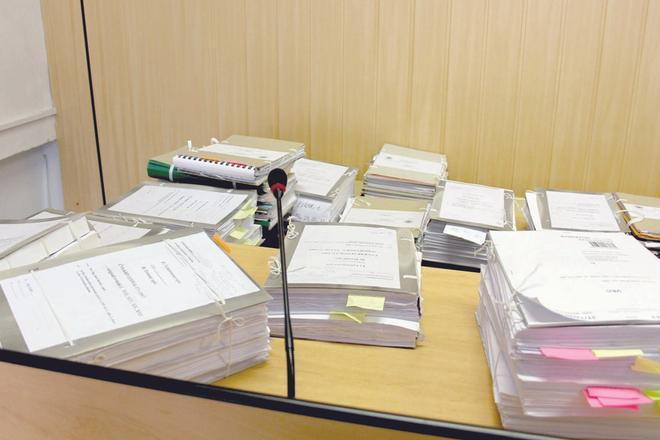The changes approved by the parliament on February 6 shall both help authorised experts, translators and interpreters in their work – but also enable greater public control of their activities, the TASR newswire wrote. The amendment of the law on their status was proposed by the Justice Ministry and passed by 135 MP votes.
The Justice Ministry introduced a new information duty for courts, prosecution bodies or other public bodies using their services. If suspected of refusing to execute their job, causing delays or making a professional mistake, these bodies will be obliged to inform the ministry.
Introducing such an obligation should contribute to the Justice Ministry getting necessary information on the faults of experts, interpreters and translators, and being able to act immediately, ministry spokesman Peter Bubla reported for TASR. Ministerial decisions to punish an expert, interpreter or translator would then be published on its website.
Amendment helps
This group of people will get the chance, through the amendment, to suspend their activities based on their own request, but only three times at the most, with the maximum timespan being two years.
The legislation specifies education as the condition for being registered on the list of experts, with a Master’s degree now being the lowest possible level – or the highest education that can be achieved in the field.
To help experts, interpreters and translators, the ministry also set the deadline of 30 days for public authorities to pay an advance payment for a task to the person’s account.
Apart from this, the amendment allows experts, interpreters and translators to use the knowledge gained through their work for public authorities for their scientific, research or teaching activities. The piece of legislation also specifies how an expertise or translation should look and introduces the possibility of implementing them in electronic form, TASR wrote.
The law should become effective as of July 1, 2018.



 Illustrative stock photo (source: TASR)
Illustrative stock photo (source: TASR)